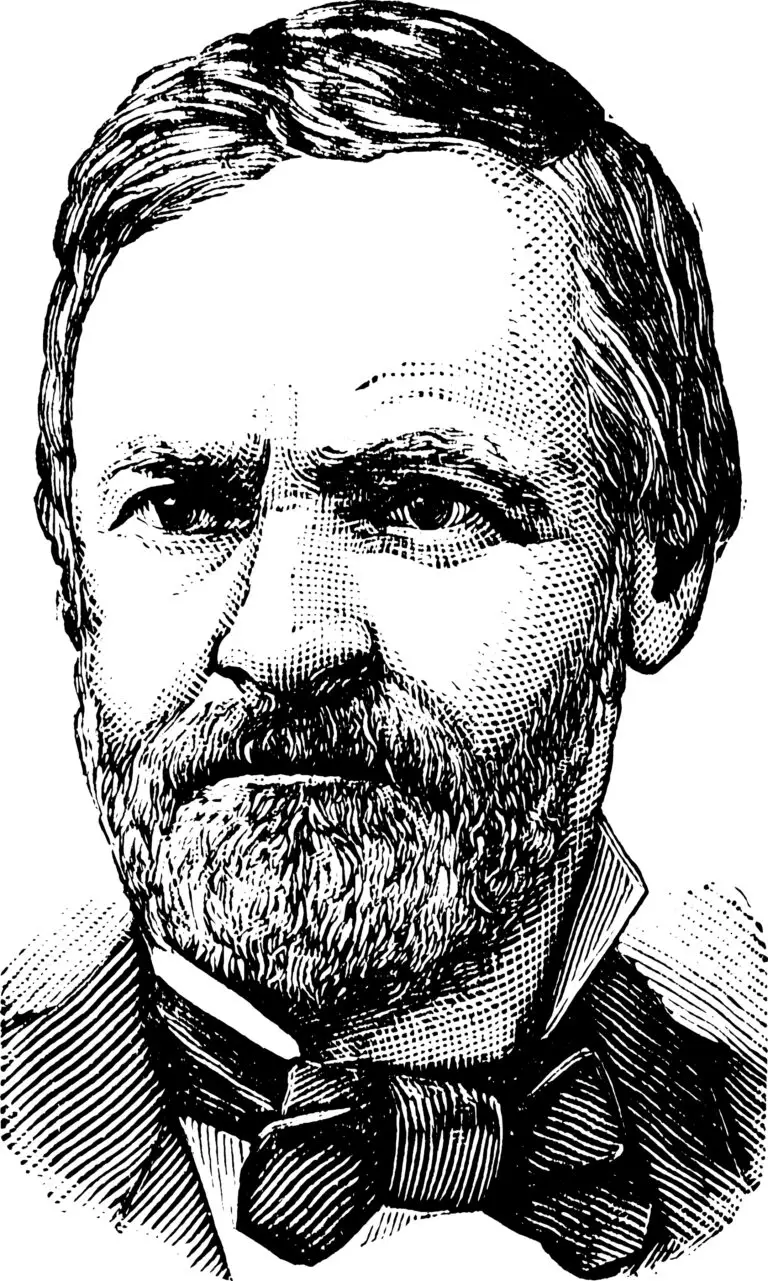Sherman Antitrust Act

Table of Contents
What is the Sherman Antitrust Act?
The Sherman Antitrust Act is a landmark piece of legislation in the history of U.S. antitrust law. Enacted in 1890, the law aimed to promote fair competition and prevent monopolistic practices that could harm consumers and stifle economic competition.
Named after its sponsor, Senator John Sherman, the act was the first federal statute to address antitrust concerns and laid the groundwork for subsequent antitrust legislation.
Sherman Antitrust Act History
The Sherman Antitrust Act was enacted by the United States Congress and signed into law by President Benjamin Harrison on July 2, 1890.
The primary purpose of the Act was to promote fair competition and prevent monopolistic practices in commerce and trade.
The act was named after its sponsor, Senator John Sherman of Ohio, who was a prominent advocate for antitrust legislation.
This Antitrust Act was the first federal legislation to address and combat anticompetitive business practices in the United States.
The act declares illegal any contract, combination, or conspiracy in restraint of trade or commerce among the several states or with foreign nations.
The Sherman Antitrust Act aimed to curb the power of trusts and monopolies that had emerged during the late 19th century, particularly in industries like oil and railroads.
The act’s language is intentionally broad, leaving interpretation and enforcement to the courts and regulatory authorities.
Violations of the Sherman Antitrust Act could lead to both criminal and civil penalties, including fines and imprisonment for individuals involved in anticompetitive practices.
The act marked a significant shift in U.S. economic policy, reflecting concerns about the concentration of economic power and its potential negative impact on competition and consumers.
The Sherman Antitrust Act served as the foundation for subsequent antitrust legislation in the United States, including the Clayton Antitrust Act of 1914 and the Federal Trade Commission Act of 1914.
Related Links
Louisiana Purchase
Monroe Doctrine
Plessy v. Ferguson
Stonewall Riots